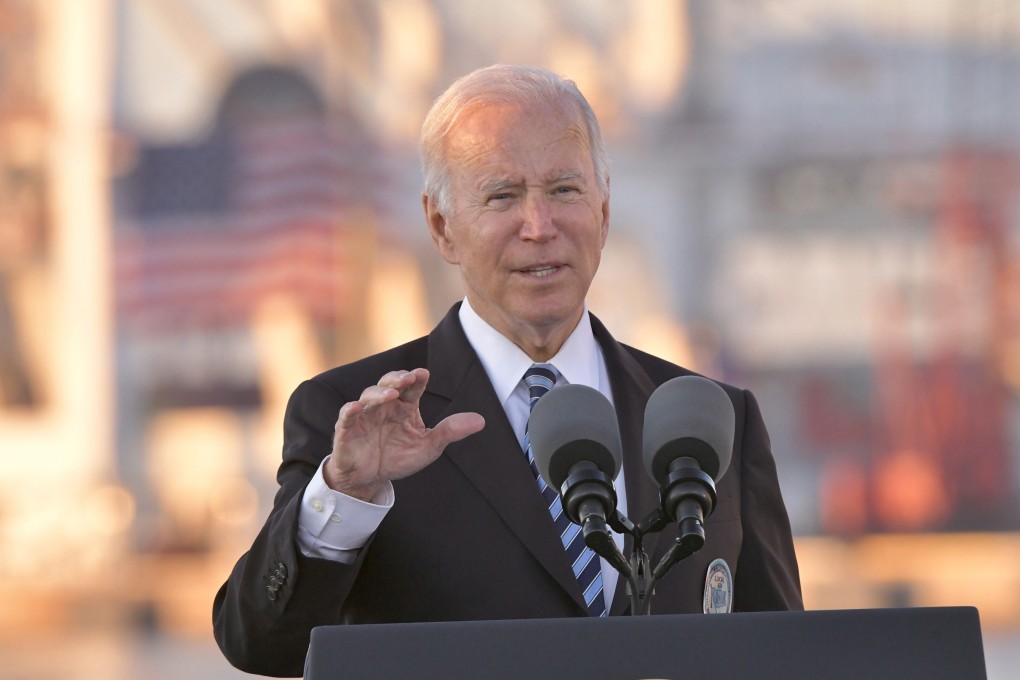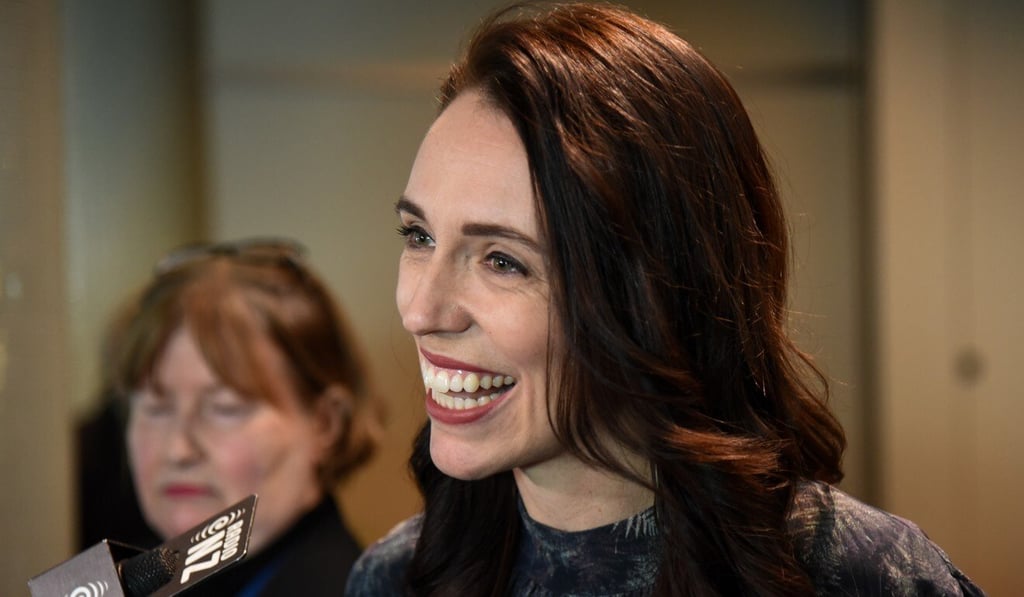Advertisement
US bid to host Apec in question as divisions simmer below surface
- The move had been blocked by Russia, according to a delegate at this year’s talks
- Asia-Pacific leaders did however agree to do all they can to improve access to coronavirus vaccines and to cut carbon emissions
Reading Time:3 minutes
Why you can trust SCMP

Pacific Rim leaders agreed to do all they can to improve access to coronavirus vaccines and reduce carbon emissions, but failed to reach agreement on whether the US should host talks in two years’ time.
US President Joe Biden and Chinese President Xi Jinping were among those taking part in the online meeting of 21 leaders at the end of the annual Asia-Pacific Economic Cooperation forum on Saturday, which was being hosted virtually by New Zealand.
The focus was on areas in which the unlikely mix of leaders could find common ground. But the failure of the group to endorse a US bid to host Apec in 2023 pointed to some of the divisions that lie just beneath the surface.
Advertisement
New Zealand Prime Minister Jacinda Ardern said she expected Apec would reach agreement around the US bid by the end of the year, and said that the atmosphere in the room was pragmatic, despite the geopolitical tensions.

Advertisement
“It was constructive, it was positive and convivial, and there was a real common sense of purpose among members,” Ardern said.
Advertisement
Select Voice
Select Speed
1.00x